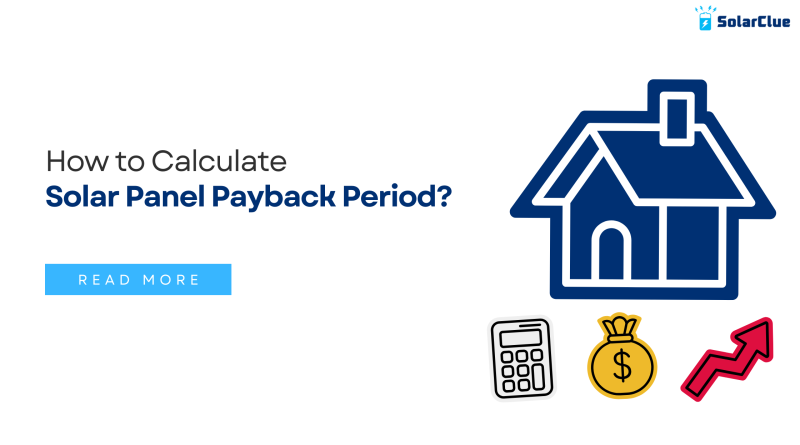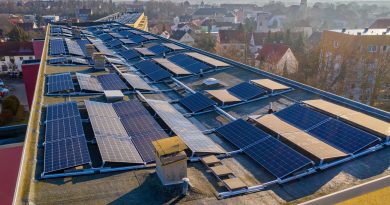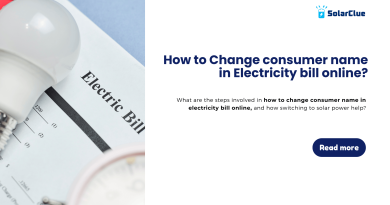How to Calculate Solar Panel Payback Period?
Solar power stands out as a beacon of hope in a world increasingly conscious of environmental impact and seeking sustainable energy solutions. Beyond its eco-friendly benefits, investing in solar panels can yield substantial financial returns. But how do you determine if it’s a sound financial decision? Understanding how to calculate solar panel payback period is critical to unlocking its full potential.
Table of Contents
What is ROI?
ROI, or return on investment, measures the profitability of an investment relative to its cost. For solar systems, ROI reflects the balance between the initial investment in equipment and installation and the savings or income generated from energy production.
Are Solar Panels Worth Investing In?
Investing in solar panels often revolves around two primary motivations: environmental stewardship and financial savings. Fortunately, solar systems can effectively fulfill both objectives, provided the property receives adequate sunlight.
To assess whether solar panels are worth investing in, consider consulting a professional installer to evaluate potential energy generation and financial returns based on your location and energy consumption patterns.
Understanding the Solar Panel Payback Period
The solar panel payback period denotes the time it takes to recoup the initial investment in a solar system through energy savings or income generation. It represents the breakeven point for your investment.
Calculating ROI and Solar Panel Payback Period
Determining the ROI and payback period involves meticulous calculation. Here’s how to do it:
- Calculate Total Cost: Include equipment, installation, and projected maintenance expenses over the system’s lifetime.
- Estimate Total Benefit: Assess energy savings from reduced electricity bills and potential income from selling excess energy.
- Calculate Net Benefit: Subtract total cost from total benefit.
- ROI Calculation: Divide net benefit by total cost and express it as a percentage.
- Payback Period Calculation: Divide the total cost by annual savings to determine the number of years it will take to recoup the investment.
Examples of Calculations
Let’s consider an example:
- Solar System Cost: ₹3,28,000
- Annual Electricity Bills: ₹40,000
- Warranty Period: 25 years
ROI Calculation: Net benefit = Total benefit – Total cost
ROI = (Net benefit / Total cost) x 100%
Payback Period Calculation: Payback period = Total cost / Annual savings
Factors Influencing Solar ROI
Several factors can impact the ROI of your solar system:
- Government Incentives: Explore tax credits and incentives to enhance financial returns.
- Optimized Installation: Position panels for maximum sunlight exposure and efficiency.
- Expert Installation: Choose reputable installers to ensure proper setup and performance.
- Efficient Microinverters: Select inverters with high conversion efficiency and extended warranties.
Is Solar Power Worth the Investment?
Investing in solar power offers a promising avenue for financial savings and environmental benefits. Solar panel investments can yield substantial returns over time by carefully evaluating ROI and payback period, optimizing system installation, and leveraging available incentives.
Solar power represents a sustainable energy solution and a wise financial investment when approached strategically. By understanding the calculations and factors influencing ROI, individuls and businesses can harness solar energy’s full potential while minimizing their carbon footprint and maximizing financial gains.
Investing in a solar power system for your home is a wise decision in the long run. By installing solar panels, you can significantly reduce your electricity bills and even generate surplus energy to sell back to the grid. SolarClue can assist you in finding the perfect solar panel system tailored to your specific requirements. Once you analyze your solar investment’s payback period, you’ll understand the potential savings you can enjoy over time. Don’t hesitate to explore the benefits of solar energy with SolarClue—it’s a step towards a more sustainable and cost-effective future for your home



